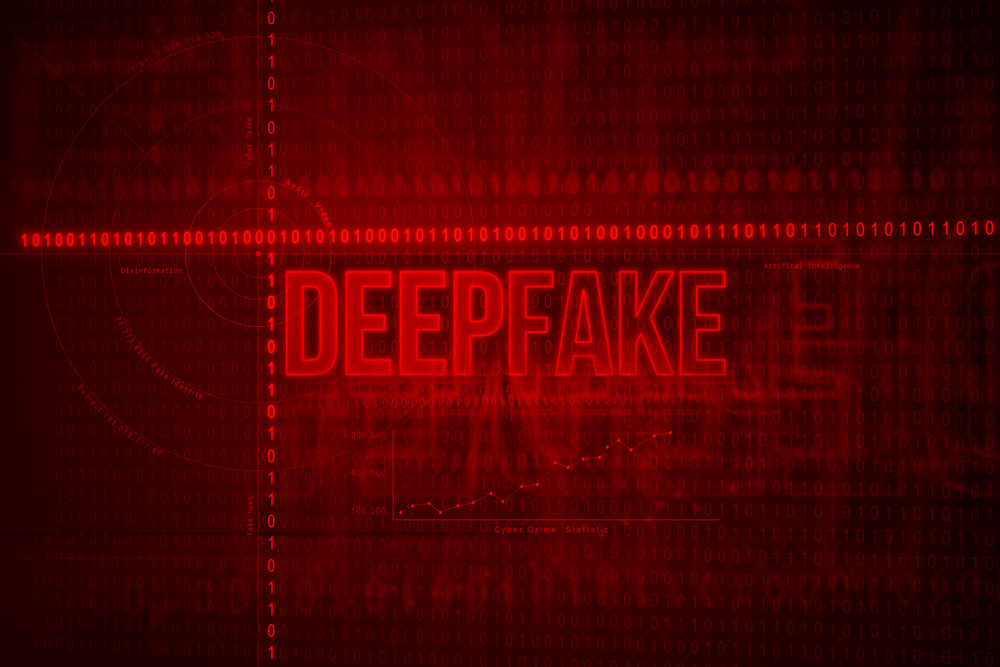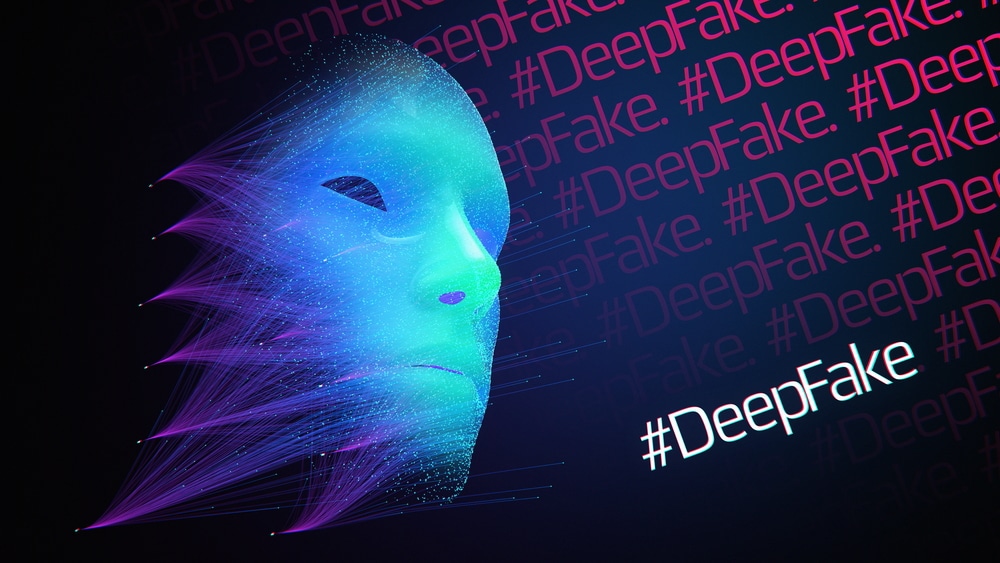
Tackling the business threat posed by deepfakes [Q&A]
AI has become an undeniable and powerful part of the digital landscape. It makes systems stronger and more automated -- but it also has the potential to present a threat.
Some 80 percent of executives believe deepfakes pose a risk to their business, yet only 29 percent say they have taken steps to combat them. We spoke to Patrick Harding, chief product architect at Ping Identity, to discuss the security threats posed by AI and the need to take steps to properly secure identity by adding additional layers of protection.

Why a 'Swiss cheese' approach is needed to combat deepfakes [Q&A]
Deepfakes are becoming more and more sophisticated, earlier this year a finance worker in Hong Kong was tricked out of millions following a deepfake call.
With the deepfake fast becoming a weapon of choice for cybercriminals, we spoke to Bridget Pruzin, senior manager -- compliance and risk investigations and analysis at Convera, to learn why she believes a 'Swiss cheese' approach, layering controls like unique on-call verification steps and involving in-person verification, is crucial to effectively defend against these scams.

Think you could spot a deepfaked politician?
Given the quality of many politicians at the moment you might be forgiven for thinking that sometimes a deepfake would be an improvement.
But to be serious, a new study from Jumio of over 2,000 adults from across the UK finds that 60 percent are worried about the potential for AI and deepfakes to influence upcoming elections, and only 33 percent think they could easily spot a deepfake of a politician.

Deepfakes pose growing fraud risk to contact centers
Deepfake attacks, including sophisticated synthetic voice clones, are rising, posing an estimated $5 billion fraud risk to US contact centers, according to the latest Pindrop Voice Intelligence and Security Report.
Contact center fraud has surged by 60 percent in the last two years, reaching the highest levels since 2019. By the end of this year, one in every 730 calls to a contact center is expected to be fraudulent.

Consumers worry about being fooled by deepfakes
A new report from Jumio shows 72 percent of consumers worry about being fooled by deepfakes on a daily basis.
Based on a survey by Censuswide of more than 8,000 adult consumers, split evenly across the UK, US, Singapore and Mexico, it finds only 15 percent of consumers say they've never encountered a deepfake video, audio or image before, while 60 percent have encountered a deepfake within the past year.

Americans lose millions of dollars to online tax scams, McAfee study reveals
As tax season reaches its peak, a new study by McAfee sheds light on the alarming rise of online tax scams in the US. The 2024 Tax Scams Study, which surveyed 2,500 American adults, reveals that a staggering 25% have fallen victim to these scams, with losses running into thousands and even tens of thousands of dollars.
The study highlights the growing sophistication of cybercriminals who are now leveraging artificial intelligence to craft more convincing scams. AI-powered messages, deepfake videos, and AI-generated audio are becoming increasingly common tools in the scammer's arsenal. Despite these advancements, the study found that less than half of Americans feel confident in their ability to spot such fraudulent content.
